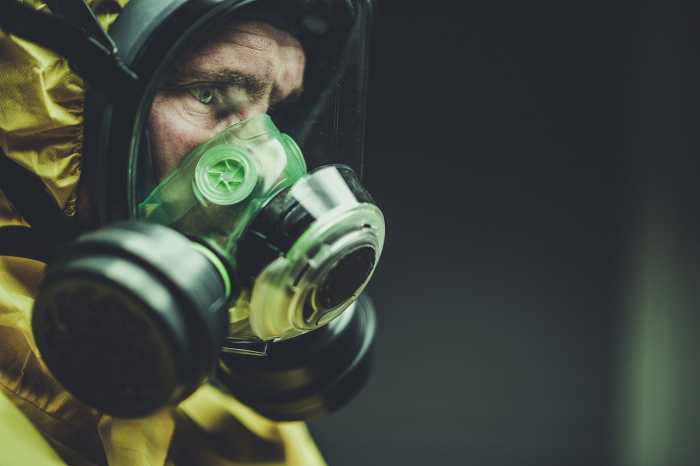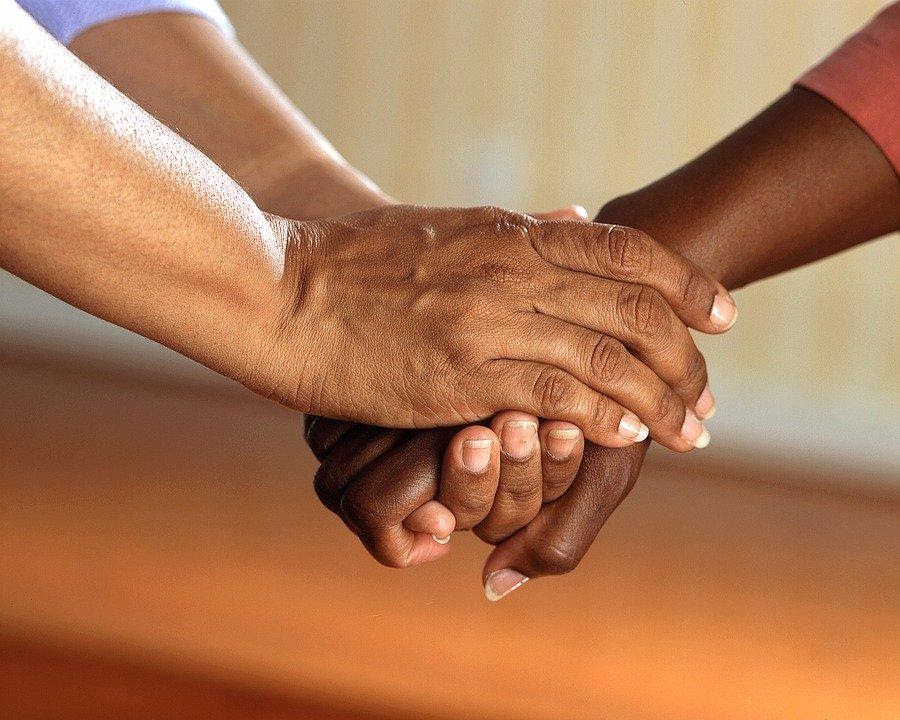We’ve all been there. Depending on where you live, the pandemic self-isolation started just a few weeks ago or even a few months ago. People react differently. But that’s no surprise, because people ARE indeed different. For most, it’s been a tough time and it still is.

Some countries, such as Germany and Italy, are already softening the restrictions. In some Italian cities, starting from this week, one may walk without any reason like shopping or walking the dog for an hour. In Germany they are opening playgrounds and even schools, with some restrictions and rules though. And Russia has just started letting people out only twice a week with a particular document, and people have no idea when it could end. In your country it can be different.
There are 5 stages of accepting the inevitable described first by Elisabeth Kübler-Ross. These are actually called Five Stages of Grief, but they can be used for describing the way people react to the Coronavirus situation in the world now. There is a particular pattern of adjustment and acceptance containing 5 stages:
- denial,
- anger,
- bargaining,
- depression,
- acceptance.
Here’s a short explaining of what is meant here:
- First you deny. “No, I can’t be that ill, no, there can’t be a pandemic everywhere, no, they can’t close all the schools. It’s impossible!”
- “Freaking government! They want to kill us all!” or “You think it’s funny, ha?! People are dying, you moron!” or “They took us our rights, bastards! We’re not allowed to leave our homes! I hate it!”.
- “If I behave like this, God will rid us of this crisis” or “If they stop the pandemic, I will never ever drink again”.
- “We all will die and there’s nothing to live for”.
- “The situation is just as it is and we can cope with it. It’s not nice, it’s tough, but together we are strong” – and so on.

Each stage can be short or long. As for me, I remember the first one, which was about a week long. Then I was also helplessly angry at the situation and almost everybody around me. Don’t remember stage 3 at all, it was probably too short. But then I found myself in the middle of crying daily for no reason and almost not wanting to live. Fortunately, right now there’s full acceptance. The life goes on and on. A bit differently, but it does. Everything is fine! Time to move on!
Which stage are you in at the moment?
Before you react to the situation or somebody’s words, I’m asking you to stop, take a short break, count to ten (whatever works best for you) and analyze the situation. Which stage are you on? Which acceptance stage are your family members or friends are right now? It has a huge effect on the way they talk and react!
Why is it important to analyze?
On stage 2 one gets really angry. And here is where families get prone to arguments and scandals. People are very irritated on this stage, with some getting very aggressive. It could even lead to a divorce or friendships falling apart. By the way, divorce rates have increased since the pandemic in China, especially Wuhan, according to the stats.
How to help yourself?
If you’re reading this article, you’re analyzing your own emotions and reactions. Reflecting is already very helpful. Being aware of what’s happening to you and why is the half solution to the problem! Keep thinking about it, watch yourself and your words, remembering that others might be as vulnerable as you right now. Remember that everything has an end, and this situation will do too, as well as your sad (or angry) feelings right now.
How to communicate with a person on stage 2?

If your friend has just lost his or her job because of the pandemic, try to help if you can or at least be supportive. They might get sarcastic or even pretty aggressive toward others and get you into a conflict, even if there’s no obvious reason at first. They might make mountains out of molehills. But who knows, maybe the person is still on the anger stage?
In such cases, try not to take the words personal and offend in turn, even if you feel offended and feel like doing so. Show as much empathy as you can and, if necessary, take a break and don’t contact the person for some time. You both will calm down with the time, and the other person will very probably develop the next stage and change their reactions.
Lots of people have lost a lot these weeks or months. A job, the chance to see their parents or to enjoy their hobbies, an already paid trip to the Bahamas, daycare for the kids, and even hope, while some lost their loved ones. And if all your family members and friends are alive, this is the thing one should be grateful for.
How to communicate with a depressed person (stage 3)?
Another big problem is communicating with a person being in the 4th stage. Depression. It’s just one step from acceptance, but it’s probably the most emotional and tough one.
Depressed people can’t control the situation and their own feelings. It’s pure chemistry. This is the stage that needs as much empathy and understanding from others as possible. If you can provide it, please, do it. It can only do good to your relationships with others.

Depression is also when someone is most prone to believing in different conspiracy theories like the one with Bill Gates wanting to chip everyone or the idea of the COVID-19 being spread on purpose to reduce the world population. I don’t mean to say they are right or wrong right now. But what makes people search and find them and then believe in them is the desire to get more control over their own life and the situation.
If you have an explanation of what’s happening in the world right now and why it’s happening (again, I don’t mean it’s right or wrong in this article), you can cope with the situation much better. The problem is, when you start believing it, you find the confirmation that it’s right on any corner. It could be some other people claiming it or authors writing about it or video bloggers proving it.
It ends up with you sending videos and articles proving that you’re right to others.
But no matter how deeply you believe in the theory (which is the Truth for you), people won’t feel the same. It’s called the false consensus effect – that’s when you expect others to think like you.
And most of people won’t take it as serious as you. And they won’t react the same way as you do. This is where families and friendships fall apart.
While searching for the truth, each person finds it sooner or later. The problem is, everyone has their own “truth”. And if they don’t think the same, it doesn’t mean people don’t love you anymore.
You could simply say you have another point of view and you respect their right to have theirs, but let’s change the topic, because there are lots of other interesting and fruitful conversations people could have now!
Please, remember this and don’t argue about such things! It’s way more important to be healthy and alive than to make sure all your family members or friends believe the same theory.
If your son is listening to death metal, and you prefer Aguilera, you don’t argue. You know he has other preferences and beliefs or what good music is. He could listen to it with headphones, and you too. Having differences and different views on things is OK!
What is really important at the times of the coronavirus crisis?

Unless it’s some theory encouraging people to kill, harm, offend or destroy, or saying that some race is better than the other, leave it! Just let it be and enjoy the time you have with your friends and family while they are still alive and well. To me, this is the most important thing to remember during the pandemic.










